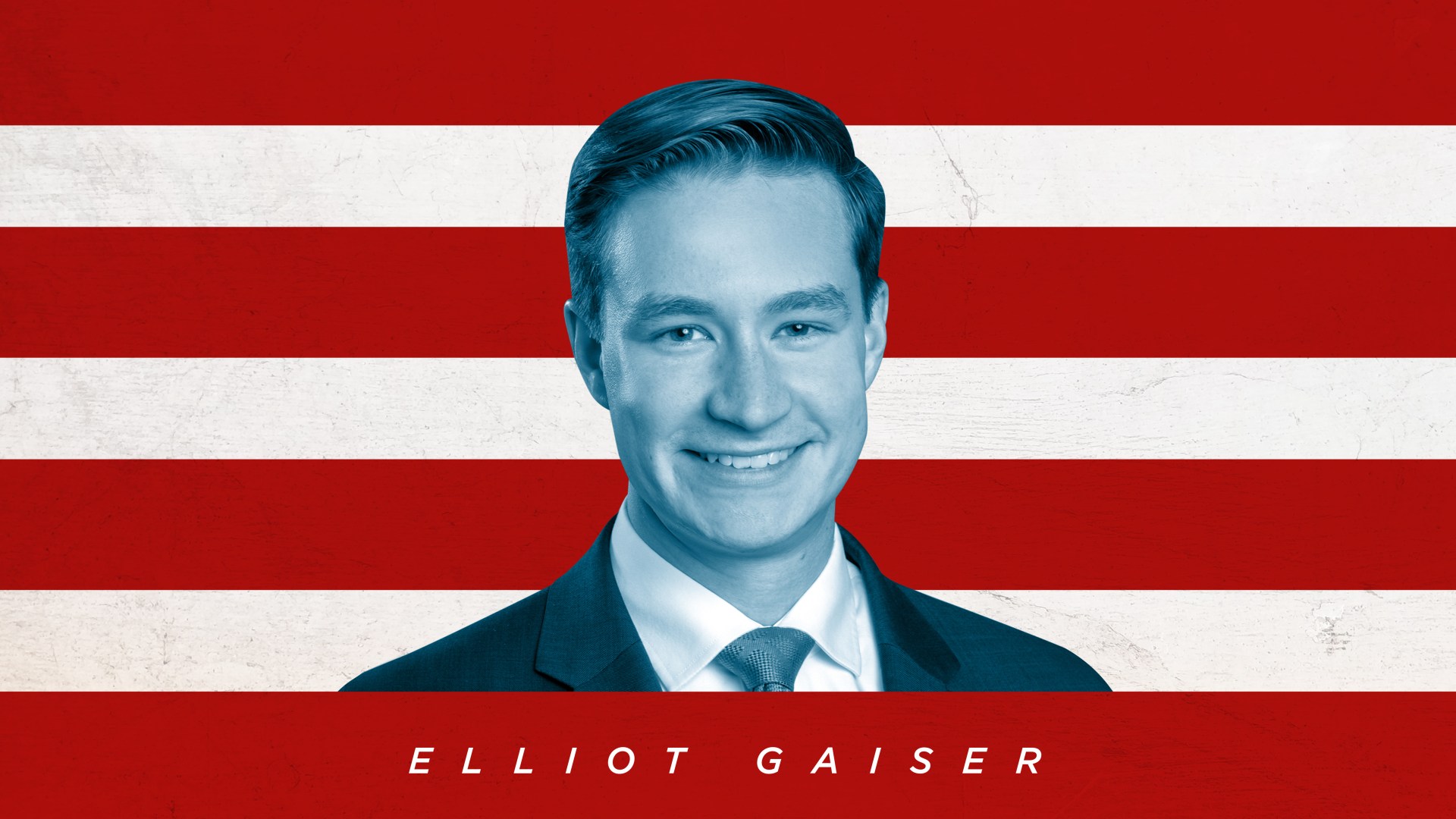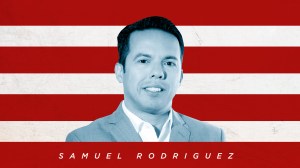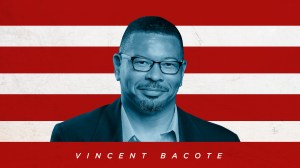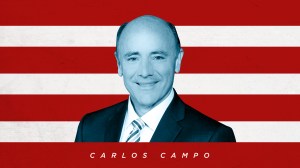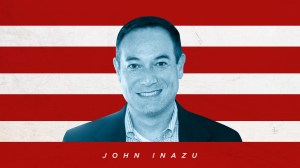In this series
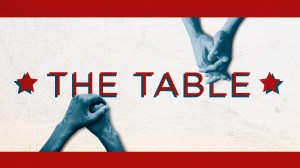

When I watched Donald Trump’s acceptance speech at the 2016 RNC convention, from the balcony of my hometown basketball stadium in Cleveland, Ohio, one line stayed with me: “I would like to thank the evangelical community, because, I will tell you what, the support they have given me—and I’m not sure I totally deserve it—has been so amazing, and has been such a big reason I’m here tonight.”
Our future president was right: Millions of my fellow evangelicals carried Trump through the primaries and voted overwhelmingly to put him in the White House. But like many Christians who live as religious minorities among predominantly secular peers, I felt keen pressure throughout the entire 2016 campaign to denounce Trump.
The 2016 election forced me to think more deeply and more biblically about how Christians should engage the public square. As we approach the 2020 election in the midst of an impeachment that has divided the country and the evangelical community, I’ll lay my cards on the table that Christianity Today has set: I voted for Trump in 2016, and I plan to do so again in 2020.
Here’s how I made my decision.
When I first registered to vote as a born-again 18-year-old in a Rust Belt swing state, I saw my ballot as a banner, an expressive judgment about a candidate and my willingness to associate myself with his or her character and principles. But the 2016 election exposed flaws in my paradigm. If my vote was an expression of approval consistent with my faith, how was I to fully endorse either Hillary Clinton or Donald Trump?
As Christians, we begin with the premise that everyone has sinned and fallen short of the glory of God (Rom. 3:23) and that Jesus died for everyone (1 John 2:2)—even those who run for political office. As sinners, every candidate will let us down. But because Jesus rose again, every candidate is offered salvation by faith through grace (Eph. 2:8–9). Christians can leave that most important endorsement to God.
This good news unveils a truer paradigm for our political engagement. Rather than determining whether a candidate is saved before I vote, I leave that to God and concern myself only with the moral content of his or her policies.
In this paradigm, a vote is not an individual endorsement as much as a practical calculation regarding the likely consequences of an election. We vote for the candidate we believe will do the best job given the alternatives while recognizing the limitations of sinful human nature.
This approach rejects any temptation to political idolatry. The ballot is not a banner. The ballot box is not an altar. The voting booth is not a confessional. A candidate cannot be our messiah.
This does not mean we set aside biblical principles. Politics matters to God because God cares about mitigating the effects of the Fall on a fallen world. Human flourishing and alleviating injustice matter to the God who became man and made the lame walk, the deaf hear, and the blind see. The gospel invites us to participate in politics as part of God’s redemptive work.
Christians may have good-faith differences over practical judgments. Some, like Mark Galli, see incontrovertible evidence that Trump immorally abused his power. Others, like me, conclude that Trump did not abuse his power, and the constitutional failsafe of impeachment has been abused for partisan gain. Yet this disagreement is not over infallible biblical standards, but over fallible judgments for how these standards apply.
I am not suggesting character is not important. When America was founded, presidential political authority was limited, and moral authority was paramount. George Washington was able to govern effectively due to the great stock that his contemporaries put in his integrity.
In our present political moment, character matters even more—the 20th-century growth of the administrative state exponentially increased the number of people who exercise influence over our lives. Personnel is policy. Modern presidents appoint personnel to roughly 8,000 federal executive offices, in addition to myriad military officers and hundreds of life-tenured judges.
As a regulatory lawyer, I see this every day. The larger the federal leviathan grows, the less it matters who the president is. What matters is whom the president picks to decide policies that affect how we live.
The two major political parties represent the pools of potential personnel. When you vote for a president, you’re voting for a set of hands that will reach into respective pools labeled “R” and “D” and draw out names of people to administer—or subvert—justice. The pools are starkly dissimilar.
One party welcomes busloads of pro-lifers of all faiths, ages, races, and sexes, and the other party reflexively sees those MAGA-hat Catholic schoolboys as unforgivable.
One party promotes religious freedom for all faiths. The other party devotes its cultural energies to marginalizing and mocking faith in the public square.
One party led the congressional fight for both the 1964 Civil Rights Act and the 2018 criminal justice reform to reduce mass incarceration. The other party silences civil discussion on college campuses and endorses abortion up to the moment of birth and even on the operating table, and celebrates this moral evil by lighting the One World Trade Center pink.
My 2016 vote for Trump was for all the solid, midlevel appointees I expected he would choose from the Republican pool. People of good character and sound principles and not driven by hopes of a cushy post-government position in big business.
My 2016 vote was against the alternative candidate’s midlevel appointees—some of whom may have been decent civil servants, but many of whom I expected would weaponize the federal government to punish doctors who won’t perform abortions, sue nuns who won’t insure contraceptives, and ruin every business owner with biblical views of sexuality.
Trump was largely an unknown quantity in 2016; he is the first president never to have held prior public office. We now have concrete results on which to inform our judgment in 2020, about him, his government, and its policies.
Not only has Trump not drawn us into a nuclear war, he relegated ISIS and Iran’s murderous General Soleimani to the dustbin of history. Not only has he pursued regulatory reform and created millions of new jobs, his administration heralded the lowest unemployment rate ever recorded for Latinos and African Americans. Combined with sweeping criminal justice reform, Trump’s policies are not just symbolic, but real steps forward in our country’s enduring quest for racial equality. Not only has Trump sought tax relief for families and children, he has been the greatest protector of unborn lives since the atrocity of Roe v. Wade. Meanwhile, Mitch McConnell’s Senate has confirmed 187 qualified, originalist federal judges.
Neither Trump nor the GOP has been perfect models of Christian virtue. But who would have predicted that after three years, the best dirt for removal from office dug up by the president’s dedicated political opposition would be a temporary delay in foreign aid to Ukraine? And who would have predicted that the formerly pro-choice New Yorker, who wasn’t sure he totally deserved evangelical support in 2016, would be the first sitting president to attend the March for Life by 2020?
In this broken world, mad with sin and sane by grace, millions of forgotten men and women of all races and faiths have experienced renewed human flourishing through a most unlikely champion. Those consequences matter.
T. Elliot Gaiser, of Ohio, is a lawyer in Washington, DC.

